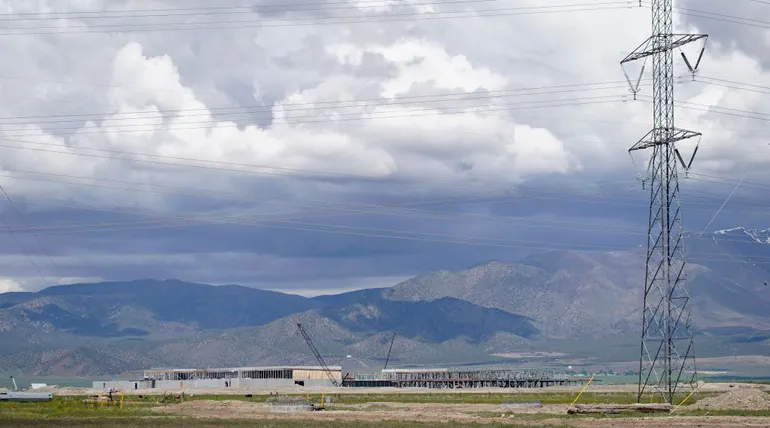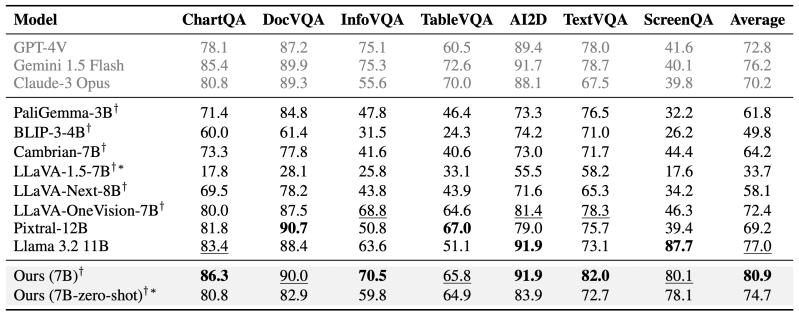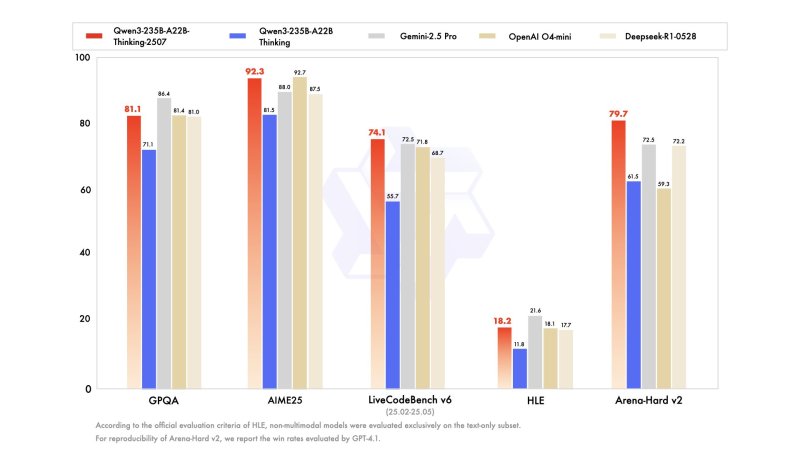
China’s imports of three major energy products from the US hit almost zero in June – a potentially sensitive shift as Beijing and Washington resume talks to resolve their differences on trade.
Deliveries of American crude oil, liquefied natural gas, and coal have been subject to Chinese tariffs of 10 percent-15 percent since February. The levies were imposed in one of the opening salvos of the trade war launched by the Trump administration, and flows from the US to China have steadily dwindled as purchases have become less economically viable.
That came to a head last month, when China didn’t import any crude oil from the US for the first time in almost three years, according to the latest Chinese customs data. Crude is the most heavily traded commodity in the world and China the biggest buyer. In June last year, its purchases from the US were worth nearly $800 million.
Last month’s deliveries of gas, increasingly a prime US export, were zero for a fourth consecutive month, a collapse that’s partly due to Chinese firms reselling American shipments to more profitable markets in Europe and Asia. Coal purchases, which in June last year were worth over $90 million, shrank to just a few hundred dollars for a second straight month.
In the deal reached to end Trump’s first trade war in 2020, China pledged to buy more US energy and farm goods to help shrink its trade surplus. However, Beijing failed to meet its obligations after the pandemic struck and the imbalance worsened, setting up the present round of conflict once Trump had reclaimed the presidency.
In the interim, China has been busy diversifying its commodities imports. Most of its crude comes from Saudi Arabia and Russia, with the US just about making the top-10 in the monthly reports from customs. Moscow has also become an important source of cheap gas for China since its invasion of Ukraine.
The halt to US crude purchases reflects China’s strategic shift to other suppliers and the cost of transport over such a long distance, said Lin Ye, a vice president for commodity markets covering oil at consultancy Rystad Energy AS.
But it “also functions as a measured response to sustained US tariffs, sanctions targeting Chinese entities, and broader strategic tensions,” Ye said. “It signals Beijing’s resolve against unilateral pressure.”
Important Component
US-China trade headlines in recent months have been dominated by other issues, from fentanyl to computer chips and rare earths, and it’s unclear whether China’s purchases of American commodities hold the same sway over Trump as they did during his first administration. But they would likely be an important component of any effort to close the trade gap between the two countries.
Treasury Secretary Scott Bessent said he will meet his Chinese counterparts in Stockholm next week for their third round of trade talks aimed at extending a tariff truce beyond Aug. 12. Discussions are expected to widen to include Beijing’s continued purchases of sanctioned oil from Russia and Iran, he said. The US has threatened massive tariffs on countries that buy Russian energy, a clear risk to China and a potential lure to take more American supply.
China’s imports of US farm products like corn have also waned in recent months. However, that’s partly a seasonal shift as buyers tend to gravitate toward South America after the local harvest. The test will come later in the year when US growers collect fresh crops of their own. So far, China’s forward purchases of American soybeans and corn for the 2025-26 season stand at zero, according to figures from the US Department of Agriculture.
China’s total crop imports have also fallen as economic growth has faltered. That creates an additional hurdle for US suppliers as they vie against other origins for a share of a smaller market.
A similar dynamic has played out in the country’s markets for fossil fuels, where factors such as domestic oversupply, weak demand and encroachment from clean energy have made seaborne imports less attractive generally.
On the Wire
Fortescue Ltd. shipped a record amount of iron ore last quarter – waving away concerns of diminishing demand from China, the world’s biggest buyer of the steel-making ingredient.
European metals traders are engaged in an increasingly frantic scramble to secure rare-earth metal supplies after it became all but impossible to directly source them from China.
Top representatives from the European Union will meet with Chinese President Xi Jinping and other key leaders Thursday, their first in-person summit since 2023 that’s exposing a divide between the bloc and Beijing. More positively, the two are preparing a landmark joint statement on climate cooperation.
Russia’s gas output declined in the first half of the year as higher exports to China and increased domestic demand failed to make up for lost flows to Europe via Ukraine.






















